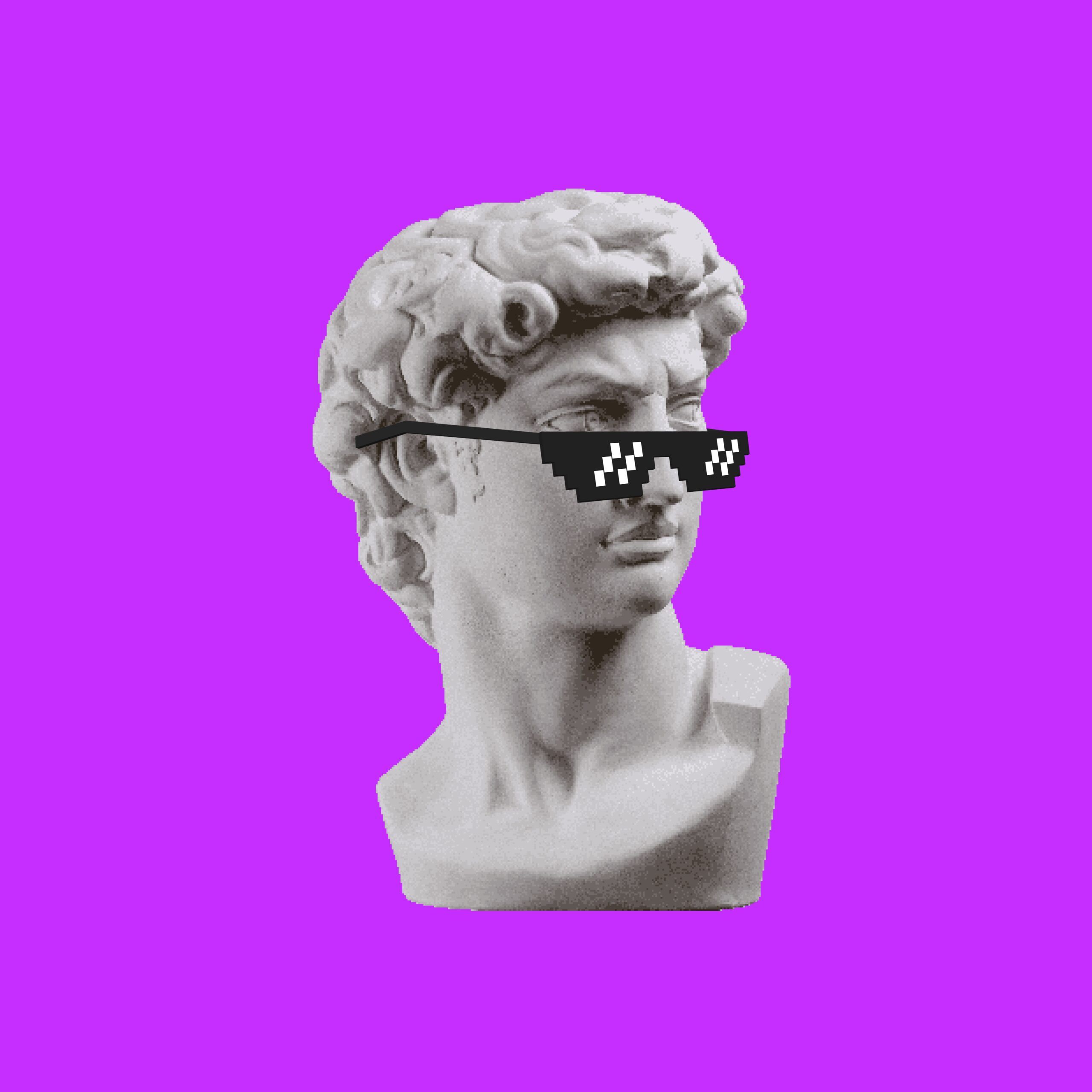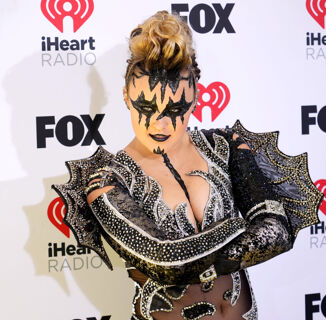If you’ve been alive and on the internet within the past week, you’ve likely encountered an endless stream of illustrated portraits. This latest social media fad comes courtesy of Lensa, an AI-powered art generator that promises “Magic Avatars.” But while the app has fostered an entertaining trend for some people—with even some queer users reporting a sense of gender euphoria in the resulting images—the way the service works is far less magical.
For $3.99 at the lowest pricing tier, the Lensa app will take the dozen or so selfies that you upload and churn out 50 artistic portraits in 4K resolution. So, aside from the obvious dystopia of computers making their own art, what’s the problem?
The app is built on the Stable Diffusion engine, a technology that indexes images across the internet in order to create a digital reference library for AI art. According to TechCrunch, this includes copyrighted photos and original works from platforms like ArtStation and DeviantArt. In other words, Lensa’s tools are derived from the work of real life artists. “Individual artists didn’t opt in to appearing in the [Stable Diffusion] training dataset, nor can they opt out,” Taylor Hatmaker writes for TechCrunch.
AI art is certainly nothing new—Lensa itself has been around since 2018. Over the past year, it has been steadily gaining steam, and now Lensa has exploded in popularity, staunchly outpacing these ethical concerns. Even if it turns out to be a flash-in-the-pan fad, Lensa has already seen its revenue soar the past week, with the app quickly sailing to the top of the download charts.
For gender-nonconforming users, the service has proven to be a double-edged sword. In terms of gender, Lensa allows users to select “Male,” “Female,” or “Other,” but even with these specifications, the results are a roll of the dice. “Because you input the photos yourself, you’re likely to admire the outcome,” writes Saskia Maxwell Keller for Out. “But at the same time, there’s this idea of AI’s impartiality. This is what a computer thinks you look like.”
While there’s no shortage of queer users proudly posting gender-affirming AI portraits, the experience is not universal. “My own experience, however, was disappointing,” writes Keller. “Though I selected the ‘other’ option, my portraits came out way more femme than I see myself. The portraits also occupied that territory psychologists call the ‘uncanny valley,’ looking both like, and unlike, me.”
Even for those who do experience gender euphoria through the app, there’s the murky ethics behind Lensa to consider. But it’s not as though there’s no way for queer users to win. One bright side of the trend’s popularity is that it has raised the profile of custom avatars in general. So instead of receiving a bulk of automatically generated portraits for the low, low price of $3.99, there’s no better time like the present to take a stand by commissioning a real artist. Not only does this support independent artists, the results are much more likely to be gender affirming and humanizing than art that comes from a machine.
Don't forget to share:
Help make sure LGBTQ+ stories are being told...
We can't rely on mainstream media to tell our stories. That's why we don't lock our articles behind a paywall. Will you support our mission with a contribution today?
Cancel anytime · Proudly LGBTQ+ owned and operated
Read More in The Internet
The Latest on INTO
Subscribe to get a twice-weekly dose of queer news, updates, and insights from the INTO team.
in Your Inbox













